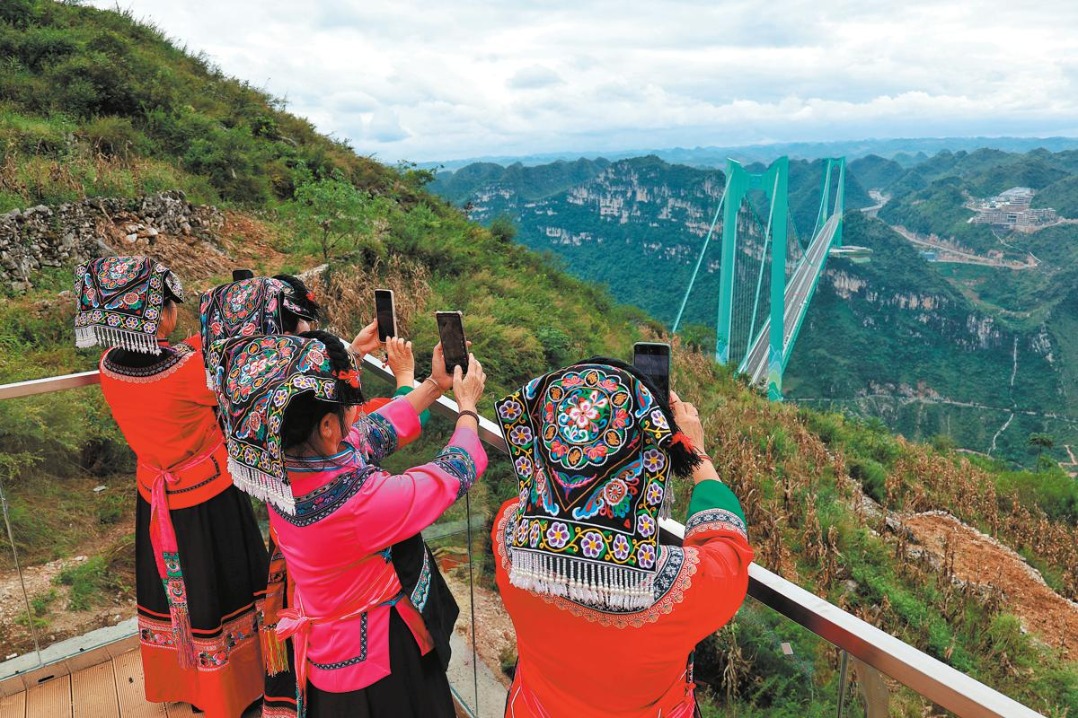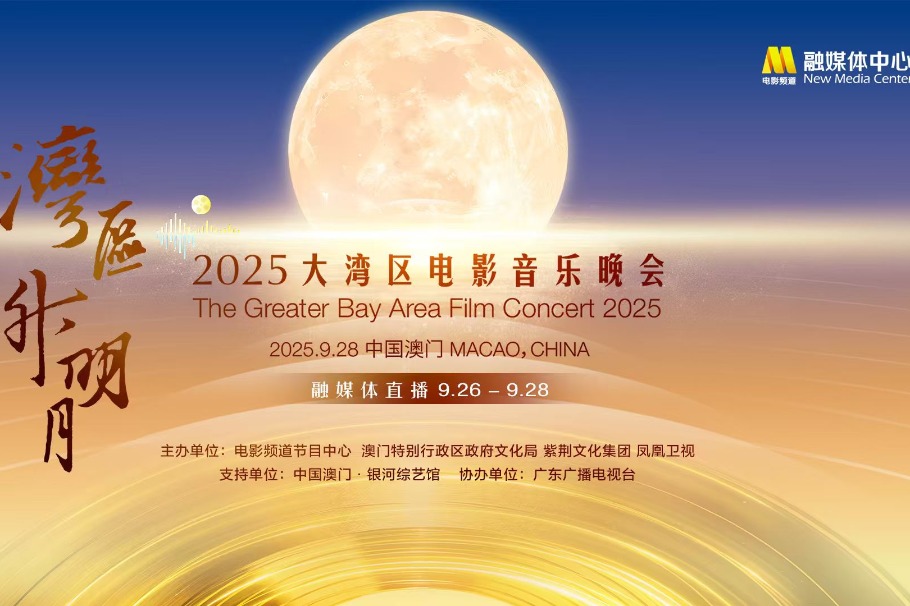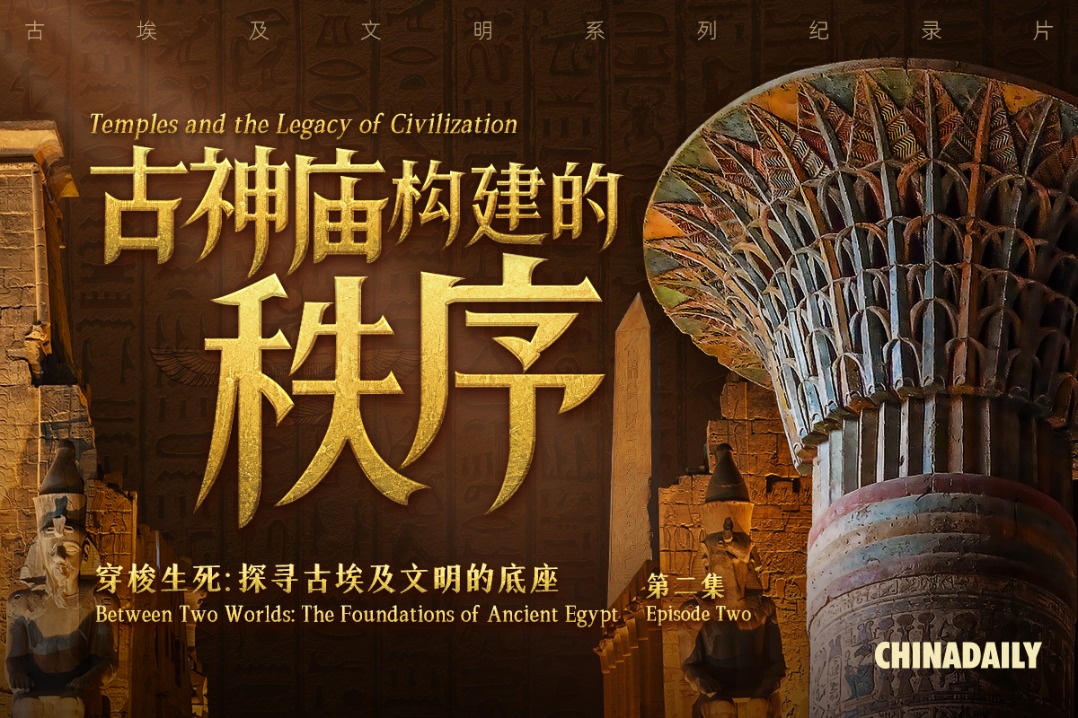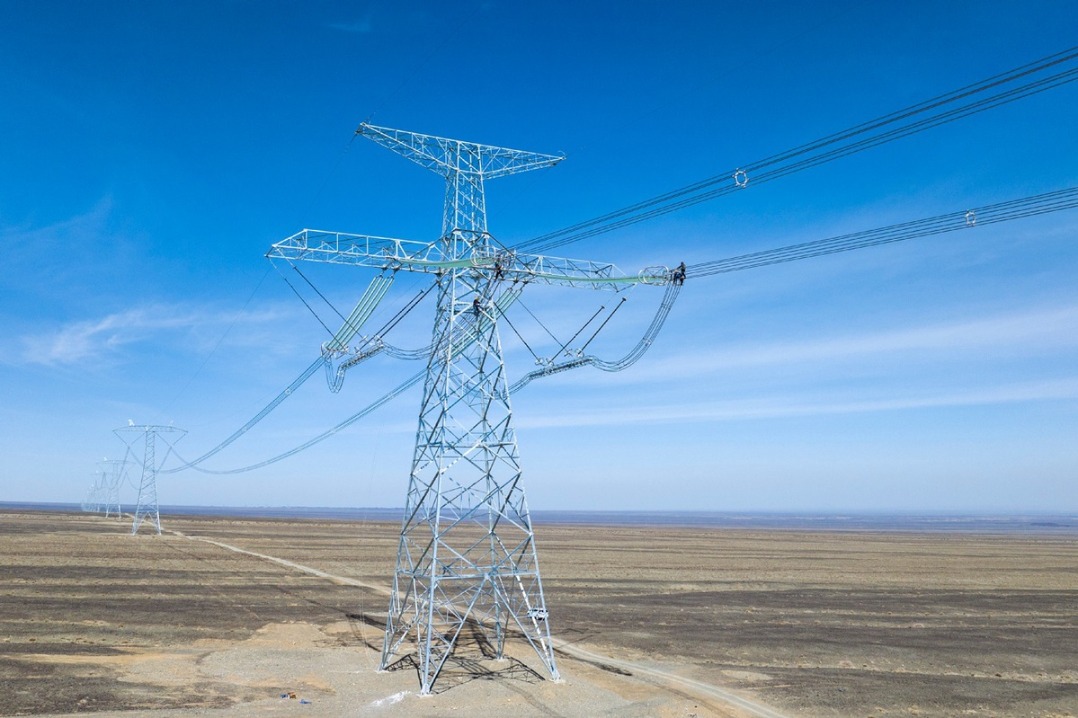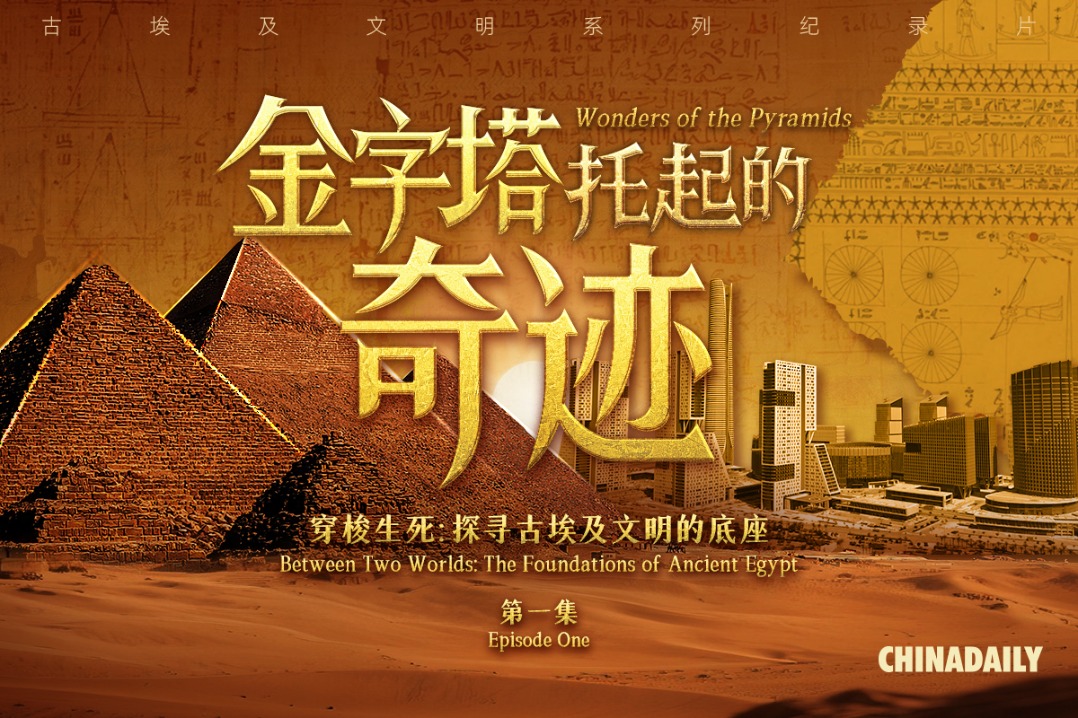Factory tours grow as cool choice to beat summer heat
Visitors opt for venues with air conditioning, educational interactive experiences during vacations

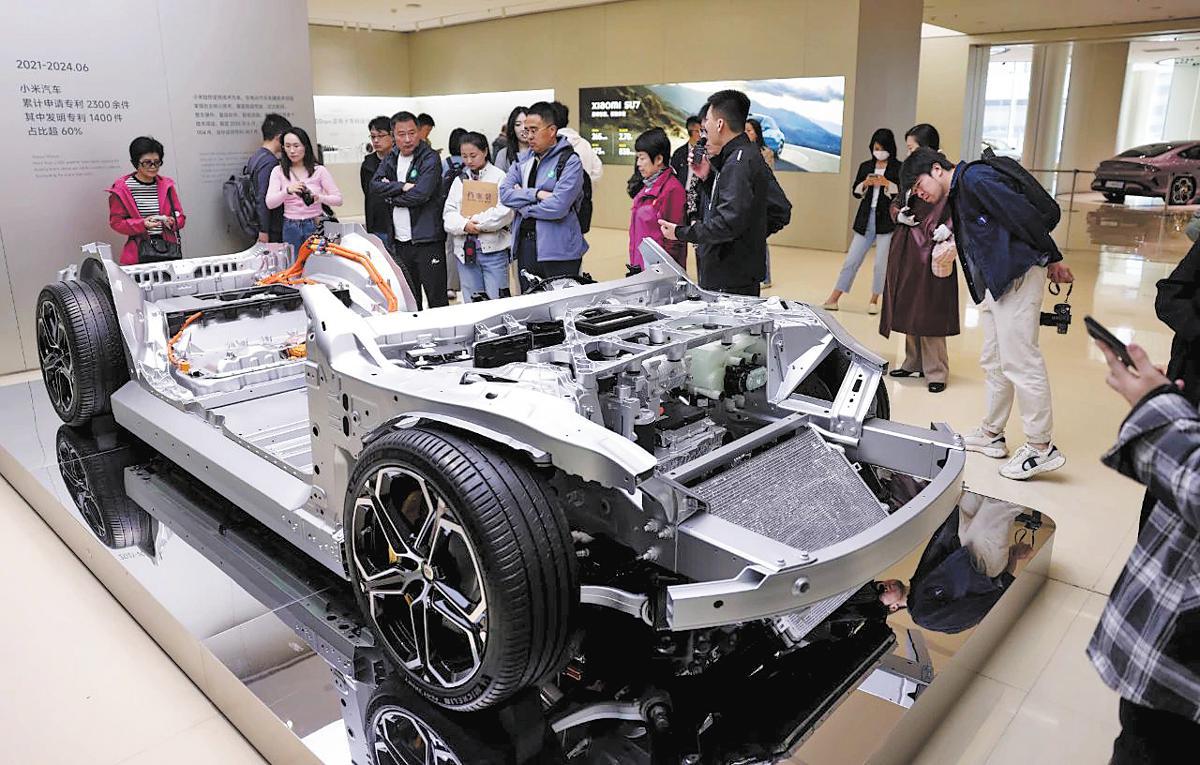
In high demand
This summer, many young people like Lu had been cooling off inside factories. As extreme weather affects outdoor travel, more consumers are turning to indoor activities, unexpectedly fueling the popularity of "factory tours" — a blend of manufacturing and cultural tourism.
The factory tour trend, featuring industrial science and education tourism, falls under categories such as corporate or production facility education bases in the national classification system of the China Association for Science and Technology.
These factories attract visitors with free admission or low-cost tickets, educational content and highly interactive experiences, and have created a new niche in this summer's tourism market.
If you browse Xiaohongshu, Douyin or Kuaishou for travel ideas like Lu did, you'll find countless posts and guides about factory tours. Everything from food and beverage manufacturing to automotive factories have become sought-after tourist experiences this summer.
Popular factories like Xiaomi's auto plant are in such high demand that securing a ticket requires both luck and speed.
Contrary to traditional perceptions of factories as dirty and chaotic, many have now rebranded as sleek, cool spaces designed to attract tourists and generate new business opportunities.
Food processing was among the first industries to embrace tourism. As early as 2021, the beverage brand Genki Forest established a tourist factory in Xianning, Hubei province, with low ticket prices, freebies and new product sampling to boost brand loyalty and drink sales.
In early July, a 22-year-old teacher surnamed Wu visited the Yili Modern Intelligent Health Valley in Hohhot, Inner Mongolia autonomous region, to see "how a bottle of milk is made".
Wu expected a crowded, hectic production floor in the factory. Instead, she found "far fewer staff than she had imagined, with extensive use of smart controls".
"This tour was part of a travel agency package. There were dedicated tour guides and interactive zones — it really felt like a proper travel experience," she said.
What impressed her most was the chance to try limited-run products not yet available in stores.
"Factory tours bring consumers closer to producers. Because what we're seeing is directly related to our daily lives, people are more curious about this," Wu said.
"Everybody drinks milk, right? Demand for dairy is rising, but I have to say that trust in domestic brands among young people isn't always high. These tours also offer a chance for public scrutiny," she added.
Sun Jiashan, a researcher at the Central Academy of Culture and Tourism Management, said he believes that factory tours' main appeal for young people lies in them becoming familiarized with the way products are made, and the strong interactivity offered.
"People have consumed the product but have never seen how it's made. These tours provide a quick escape from daily routines. Plus, interactive elements — such as learning about the luosifen production process, tasting it on-site, and taking photos at designated zones — create a 'slow variety show' atmosphere," he said.
Post-millennial youth seek novelty and engagement, viewing fun factory tours where they can sample products as a way to relieve post-exam stress, a 2025 youth travel trend report by the China Business Network indicated.
Office workers born in the 1980s and 1985s are also participating, using their weekends to briefly see a different type of work, and find relaxation in assembly-line orderliness. "It's also a social activity — usually done with friends or as school group trips. It serves as a form of social leisure," Sun added.
In addition, these tours can help activate cultural tourism resources, he said. Some sites built on former factory grounds can be transformed into intellectual properties, increasing brand visibility and boosting local tourism.
Thanks to corporate branding and local government support, China now boasts over 1,000 factory tour attractions. Furthermore, Beijing and Shanghai both announced plans in February to develop more than a dozen new factory tour destinations.
From a practical standpoint, factory tours also enhance brand awareness and consumer trust.
The Tsingtao Beer Museum in Qingdao, Shandong province, for example, welcomed over 1.8 million visitors last year and generated 200 million yuan in revenue. This summer's beer festival attracted a large number of international tourists, including over 10,000 from South Korea.














